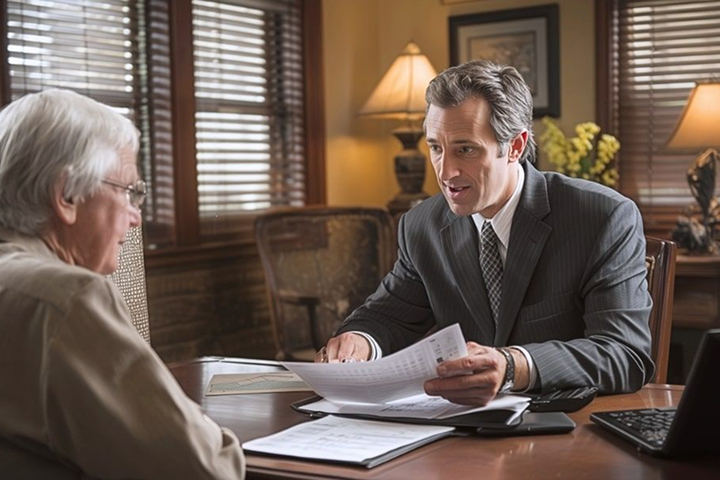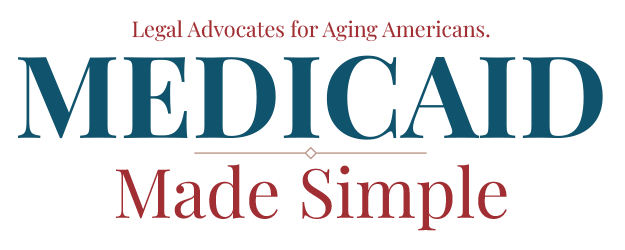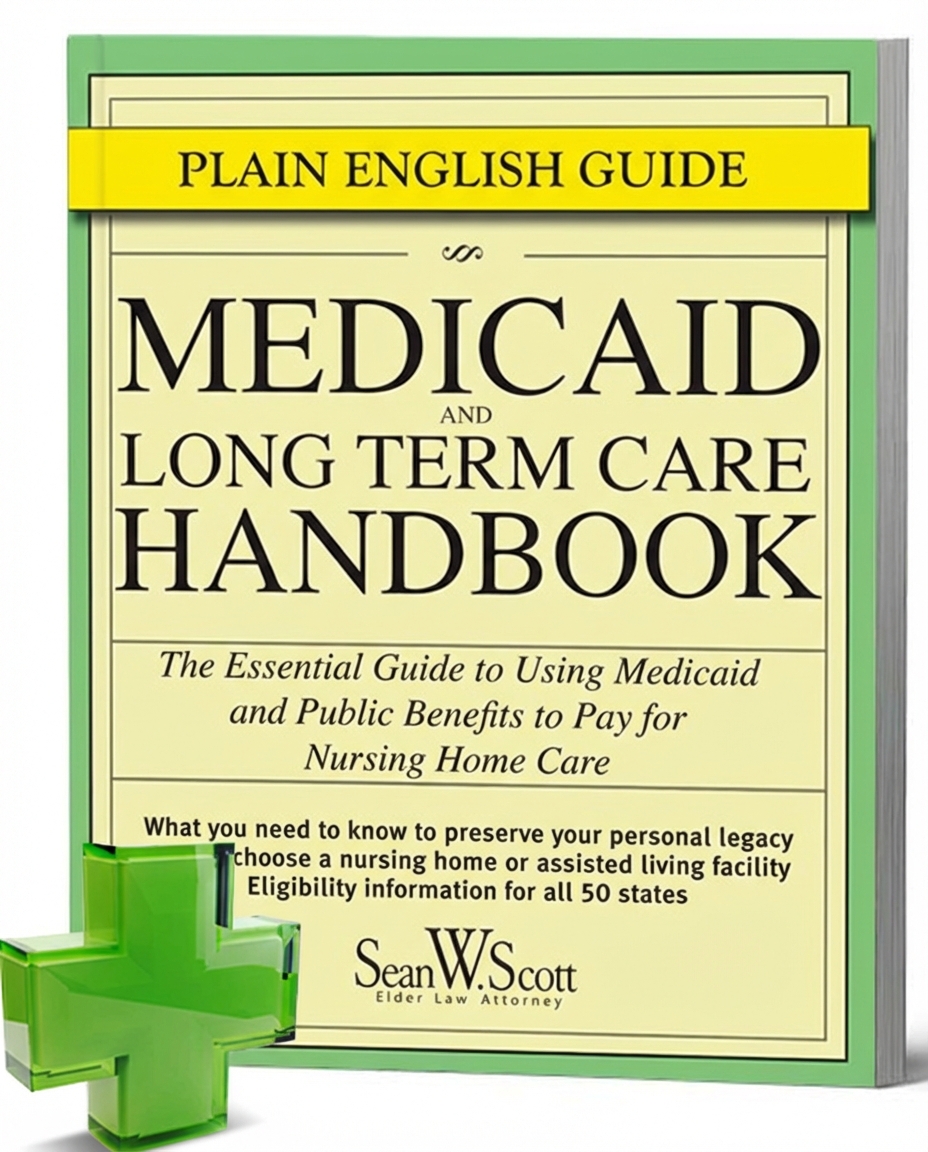
What Is an Elder Law Attorney?
Are you searching for answers on Medicaid, long-term care planning, or legal documents for a parent or spouse? You've probably run into the term "elder law attorney" a few times. But what is an elder law attorney, and how do you know if you need one?
The short answer: An elder law attorney helps families manage the legal, financial, and healthcare decisions that come with aging. Maybe a parent just moved to a nursing home, or you're noticing signs of your spouse's health declining.
The right attorney can help you protect your home, your savings, and your peace of mind during these times.
Why Elder Law Exists and How It Helps Families
Most people don't think about elder law until they're in the middle of a crisis. Suddenly, you're trying to understand Medicaid, secure power of attorney, or figure out how to pay for a $12,000 monthly care bill. These are the moments when families should rely on elder law services. They provide a roadmap when the system feels too big, too complicated, and too expensive.
What Elder Law Covers
Have you ever wondered, "What is elder care law?" It includes a wide range of legal services focused on seniors and their families. Here's what an elder law attorney helps you navigate:
- Medicaid eligibility and crisis planning
- Long-term care costs and nursing home transitions
- Asset and income protection for the well spouse
- Guardianship and legal authority for incapacity
- Power of attorney and advance healthcare directives
- Specialized trusts, such as Qualified Income Trusts (QITs)
In short, it's not just about writing wills. It's about protecting quality of life, dignity, and financial stability when it matters most.
When Should You Hire an Elder Law Attorney?
Here are signs it's time:
- A parent or spouse is moving to an assisted living or nursing home
- You're spending large amounts out of pocket for senior care
- You don't have an updated power of attorney or healthcare directives
- You've heard you might need Medicaid, but don't know how to start
- You're concerned about losing assets like your home, IRA, or savings
If any of these apply, speak with someone who understands the legal side of aging in Florida. You'll get clear answers and a strategy that fits your family's needs.
Elder Law vs. Estate Planning
Estate planning focuses on distributing your assets after you die. Elder law focuses on protecting those assets while you're still alive, especially during medical decline or incapacity.
Estate planning may give you a will or a trust. Elder law ensures that your spouse retains income, your parent receives necessary care, and your home has legal protections from care costs.
What Families Need (It's Not Just Paperwork)
Many families come in asking for "just a Medicaid application" or a power of attorney. But what they need is a full elder care strategy. That may include:
- Income and asset evaluations
- Legal documents for medical and financial decisions
- Medicaid-compliant spend-down planning
- Spousal protection strategies
- Ongoing guidance as care needs evolve
It is especially true for those who believe it's "too late" or that they "have too much money" to qualify. The truth is, even families with resources can benefit from legal planning. In most cases, waiting is what causes the biggest losses.
You Don't Have to Navigate This Alone
This area of law is complex for a reason. Medicaid rules vary by state. Income caps change yearly. Mistakes can delay benefits or result in thousands lost. That's why the right elder law attorney isn't just a document provider. They're your navigator through a high-stakes process.
If your loved one is already in a nursing home, it's not too late. If you're spending more than $5,000 a month on care, the time to act is now.
You can read Florida-specific guidelines on Medicaid eligibility to understand the framework better. But the law alone won't give you peace of mind. Personalized strategy will.
FAQs: Elder Law Basics
What does an elder law attorney do?
An elder law attorney helps you protect assets, qualify for Medicaid, and establish legal authority through a power of attorney. They can also help you prepare for aging-related challenges like incapacity, nursing home care, and financial decline.
Is elder law only for older people?
No. If you're in your 40s or 50s and managing care for a parent, elder law may be even more critical for you. It ensures you have legal authority to act, safeguards family assets, and prepares you for what's ahead.
What makes elder law different from general legal services?
Elder law focuses on aging, not just on legal paperwork. A general attorney might help you create a will. An elder law attorney creates a plan to avoid losing your life savings to nursing home costs.
Talk to Someone Who's Helped Families Just Like Yours
You don't need to be an expert in Medicaid, trusts, or legal documents. You just need the right guidance to make the next decision. I've worked with hundreds of Florida families in your exact situation. From crisis to clarity and from fear to a plan, I'll be your guide.
If you're unsure what to do next, take five minutes to get clarity. Let's talk about what's going on and how I can help you move forward.



